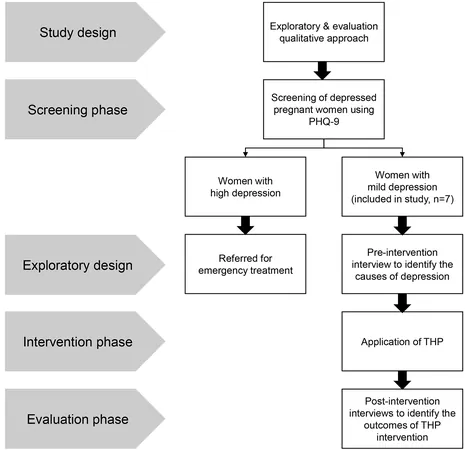
Unveiling Antenatal Depression: Key Causes and Effective Coping Strategies for Pregnant Women in Pakistan
2024-11-19
Author: Wei
Antenatal depression (AD) is a pressing public health concern, particularly in developing nations like Pakistan, where the rates significantly surpass those in wealthier countries. Recent statistics indicate a staggering 30% prevalence of AD among women in low- and middle-income countries, compared to only 18% in high-income nations. The lack of comprehensive mental health care, coupled with cultural stigmas surrounding mental health issues, exacerbates this problem.
A critical examination reveals that various factors contribute to the heightened prevalence of AD in Pakistan. Issues such as poverty, inadequate emotional support from family, and unstable marital relations have emerged as significant predictors. Moreover, a patriarchal societal structure often restricts women's autonomy, negatively impacting their mental well-being. Pregnant women frequently face pressures related to family planning and societal expectations regarding male heirs, contributing to anxiety and depression.
In light of this alarming trend, the World Health Organization (WHO) has developed the Thinking Healthy Programme (THP), designed to alleviate depressive symptoms among pregnant women. This intervention utilizes cognitive behavioral therapy (CBT) strategies, focusing on empathy and problem-solving to address mental health issues effectively. While existing studies yield mixed results regarding THP's effectiveness, they indicate a potential for moderate benefits, especially among low-income groups in both urban and rural environments.
To delve deeper into this issue, a recent qualitative study was conducted in Lahore, Pakistan, targeting pregnant women experiencing AD. The study comprised four distinct phases: screening, exploration, intervention, and evaluation. Women aged 18-45 were recruited, assessed for depression using the Patient Health Questionnaire-9 (PHQ-9), and subsequently explored through in-depth interviews. The findings shed light on the complexities of mental health during pregnancy, revealing that trauma, relationship stress, and a lack of family support significantly heighten depression risks.
Notably, the joint family system prevalent in Pakistan often adds to the emotional burden, as pregnant women frequently feel overshadowed by their in-laws. Poor relationships with spouses, marked by domestic violence or emotional neglect, leave many women feeling unsupported and trapped, which can have severe repercussions not just for the mother but also for the child.
In contrast, the THP intervention demonstrated promising results; participants reported shifts towards positive thinking, improved self-esteem, and better relationships with their unborn child and family. Women expressed newfound confidence in tackling daily challenges, benefiting emotionally from the structured support the programme provided.
While the findings spotlight critical cultural and systemic issues affecting antenatal mental health in Pakistan, they also underscore the necessity of integrating psychological support into maternal healthcare frameworks to mitigate the effects of AD. Mental health interventions like the THP can offer vital resources, empowering women to navigate the challenges of pregnancy more effectively.
Ultimately, this study suggests that addressing antenatal mental health is not merely a medical concern but a comprehensive social issue requiring urgent attention from policymakers, healthcare providers, and society at large. Without proactive measures to support mental health during pregnancy, the cycle of distress may perpetuate, affecting generations to come.



 Brasil (PT)
Brasil (PT)
 Canada (EN)
Canada (EN)
 Chile (ES)
Chile (ES)
 España (ES)
España (ES)
 France (FR)
France (FR)
 Hong Kong (EN)
Hong Kong (EN)
 Italia (IT)
Italia (IT)
 日本 (JA)
日本 (JA)
 Magyarország (HU)
Magyarország (HU)
 Norge (NO)
Norge (NO)
 Polska (PL)
Polska (PL)
 Schweiz (DE)
Schweiz (DE)
 Singapore (EN)
Singapore (EN)
 Sverige (SV)
Sverige (SV)
 Suomi (FI)
Suomi (FI)
 Türkiye (TR)
Türkiye (TR)